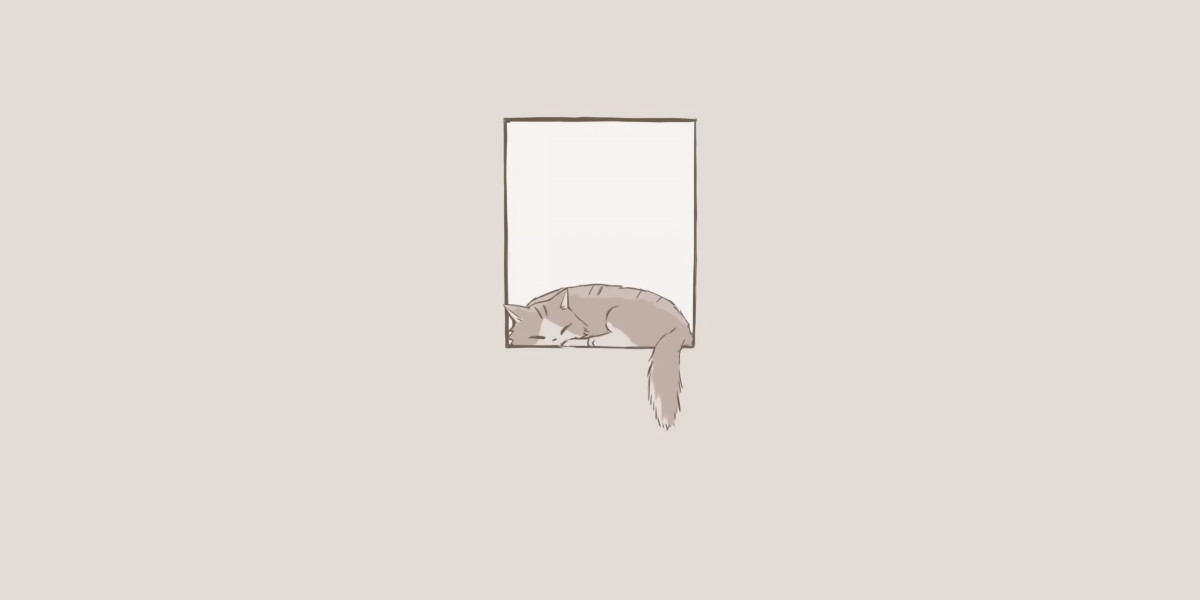For a few years Western drugs dismissed these practices as new age hocus pocus and lacking in empirical evidence. However recent analysis from the fields of neuroscience and trauma remedy is now rising that shows that these strategies are very efficient at calming our our bodies and nervous methods. And if the physique is calm and relaxed then the thoughts will automatically follow. And - but can we keep in mind figuring out that we're remembering? And that brings the remembering and the planning into the present second. And the science, the neuroscience is actually attention-grabbing. The brain changes if you do that in actually fascinating ways.
Guided meditations
And even this sense of changing your posture already alerts your intentions to step out of autopilot. And then, there are three steps now that folks can strive for themselves. The first is simply to notice what's going on in mind and body right now. So within the silence that comes up, simply notice any thoughts that are around, any feelings or emotions there could also be, any body sensations that are around. To make use of your mind-body connection, follow diaphragmatic respiration, body scans, Leitura Corporal Seicho No Ie and targeted muscle activation drills ahead of your most well-liked motion technique.
The Problem with Our Minds
After a set, tune into the focused muscles—are they burnt out and in need of a lighter weight, or can they handle one thing extra challenging? Asking yourself these questions throughout your workout will help strengthen your mind-body connection. It’s also useful to include muscle activation workouts into your warm-up, Rosengart says. Before a day of heavy lifting, as an example, you may apply single-leg hip bridges with a foam roller or yoga block beneath your tailbone, trying to raise your bottom fully off the prop. "By consciously focusing on the muscle tissue being labored, individuals can reform and strengthen the neural circuits, leading to better muscle activation and progress," Rosengart says. Managing your life vitality is about understanding, gratitude, leaving different peoples problems to themselves, and wanting out at the brilliant aspect of darkness if necessary. There are kings who're miserable and peasants who love their life.
Book Review: Field Notes on the Compassionate Life
Over two thousand years ago, the Roman poet Juvenal used the phrase "mens sana in corpore sano" (a sound mind in a sound body) in a poem describing the virtues of a "stout heart" being linked to herculean pursuits as opposed to "the loves of banquets and downy cushions." It goes with out saying that what’s outdoors the body also influences the mind. The surroundings floods the brain with the equivalent of about 10 megabytes of information per second. We can really feel when it gets too hot, however comparatively subtle differences in temperature are often imperceptible to us. Connectomics means two various things in our neighborhood. The one I personally work together with is more about mapping the individual’s constructions, chiefly cells within the brain.
Freedom to Be Enslaved to Christ
I cite a examine of a giant inhabitants of coronary heart transplant recipients, where about 20 percent reported personality adjustments. The reciprocal relationship between thoughts and body is commonly missed in our daily lives. Much of what makes you're feeling sluggish, unmotivated, or groggy at your job isn’t the work itself — it’s the surroundings you're employed in. Dim lighting, constant sitting, and unwelcoming decor can considerably alter how you feel and assume at work. They’re just not very connected to, not very conscious of, Leitura Corporal Seicho No Ie what’s occurring of their bodies. The brain has long been identified to comprise a series of topographic physique "maps" that can both respond to and activate every inch of the body. When we watch someone else doing something – swimming, choosing up a newspaper, consuming, having intercourse – we also simulate with the physique maps in our brains what it would really feel like for us to be doing those same issues.
In this manner we can say that it’s neither the physique or the thoughts which is more necessary. With proper understanding, we will see that these two things are actually all too often controled by our external environment. Basically if we are ready to management our life vitality at some level, the psychological and the bodily aspects of our existance will settle themselves naturally. If your physique isn’t feeling great, focus in your energy and mind. It’s on this way we could be in cost of the mind-body connection. Exercise turns into much more unattractive and torturous as our bodies sink deeper and deeper into a poisonous mix of fats, stress, treatment, and substance abuse.
And since our feelings are designed to inform us what is most necessary to us – what really means something to us – when we disconnect from our bodies and our emotions, we will lose a sense of that means in our lives. We can find ourselves focusing on things that, in fact, hold little real worth for us. The same primary physique maps and brain circuits that allowed sensation and motion in our earliest animal ancestors also apparently began for use throughout human evolution for summary thought. Thinking is, in impact, an action, and studies have proven that considering uses circuits in part of our brains (the motor cortex) that can additionally be liable for producing physique actions.
We can even let one go momentarily if needed without severe consequences. Between the mind and the physique, I would say the body is the extra harmful one to let go as a end result of it's weakened by inactivity and dangerous habits which accumulate over time. If you are most likely to have a unfavorable outlook, do not count on to turn into an optimist overnight. But with practice, finally your self-talk will include less self-criticism and extra self-acceptance.







